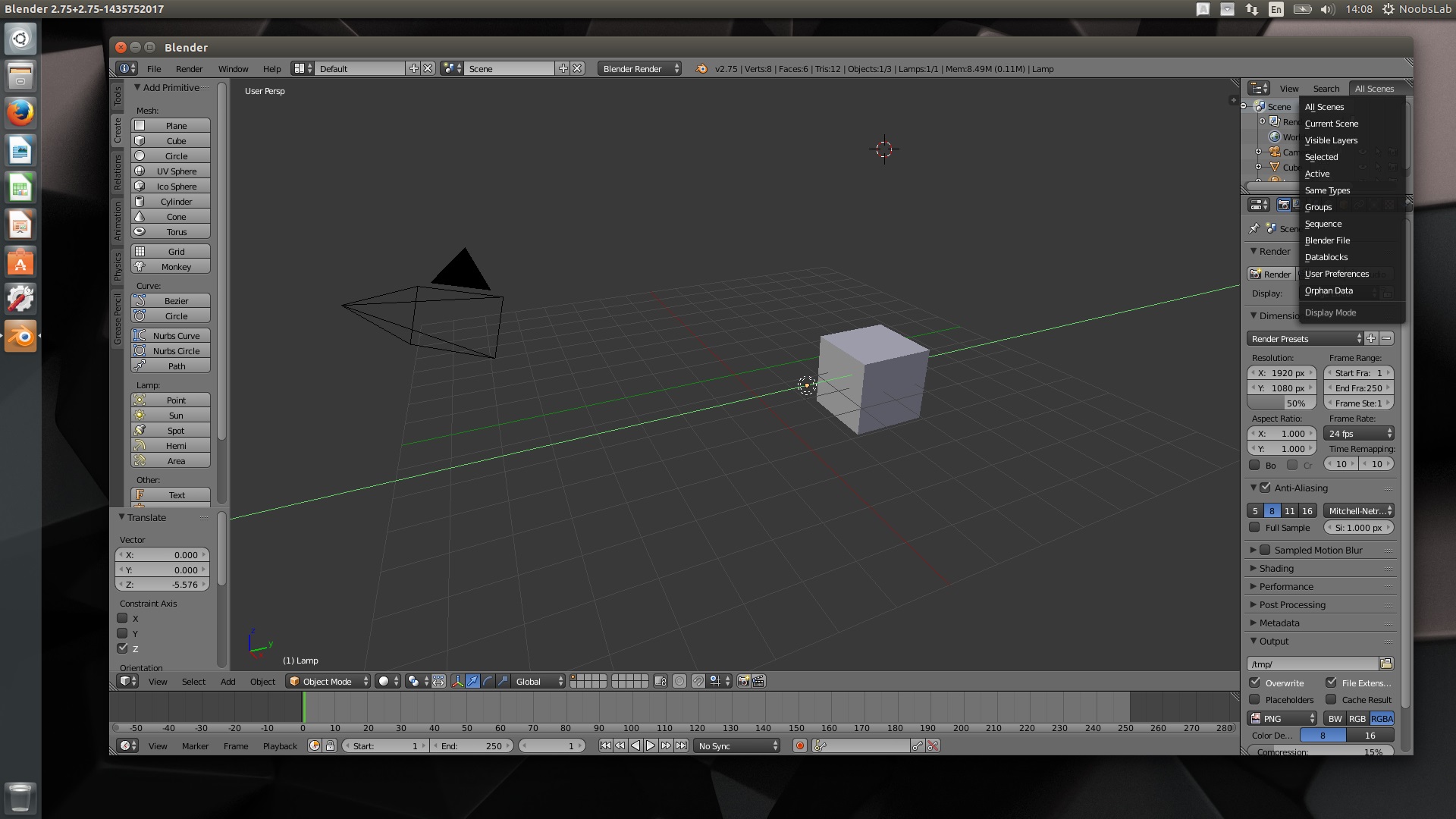
It's good to see Apple directly implementing Metal support in 3rd party software.

Different raytracing hardware implementations can have very different speedups e.g allowing for motion blur. The software needs to be optimal before they can start adding hardware accelerators because they need to know where the bottlenecks are. Future versions of Apple Silicon can include hardware raytracing units if they see this extra 2-3x speedup as worthwhile, I wouldn't expect it before M3. If Apple can get the software tuned so that the Ultra in the Mac Studio matches or exceeds the W6900X, that would be a good result. The Mac can be used as the workstation and send the final renders or animations to the PCs. For this kind of workflow, there would be no harm in buying NVidia PCs for rendering, the 3060 laptops are cheap around $1000 each and there were even crypto farms using these. However, Metal still gives a 3.5x speedup on M1 Max GPU over the CPU.Īpple may not be able to match the RTX GPUs without hardware raytracing, it's not really expected either. They will need to do some performance tuning on the software. Apple said the M1 Ultra was 80% faster than the W6900X in their GPU test: The W6900X result is interesting as that's using Metal just like the M1 but is 3x faster than the Max GPU. The Nvidia GPUs are using Optix for optimal raytracing: The Metal implementation hasn't been tuned for performance yet:ĪMD Radeon Pro W6900X = 2124 (Mac Pro Metal) There are benchmarks here that render 3 scenes: Metal also offers more than 2x speedup for faster models, 2x is for M1 GPU vs M1 CPU. The app itself also runs faster on M1 Macs because the app now have direct access to the GPU.

The Metal GPU rendering is also available on Macs with an AMD graphics card.Īccording to Blender, the new Metal GPU support allows for rendering times that are up to 2 times quicker. The addition of a Metal GPU backend, which was contributed by Apple, allows Blender to take advantage of the built-in graphics processing unit in Apple's M1, M1 Pro, M1 Max, and M1 Ultra chipsets.


 0 kommentar(er)
0 kommentar(er)
